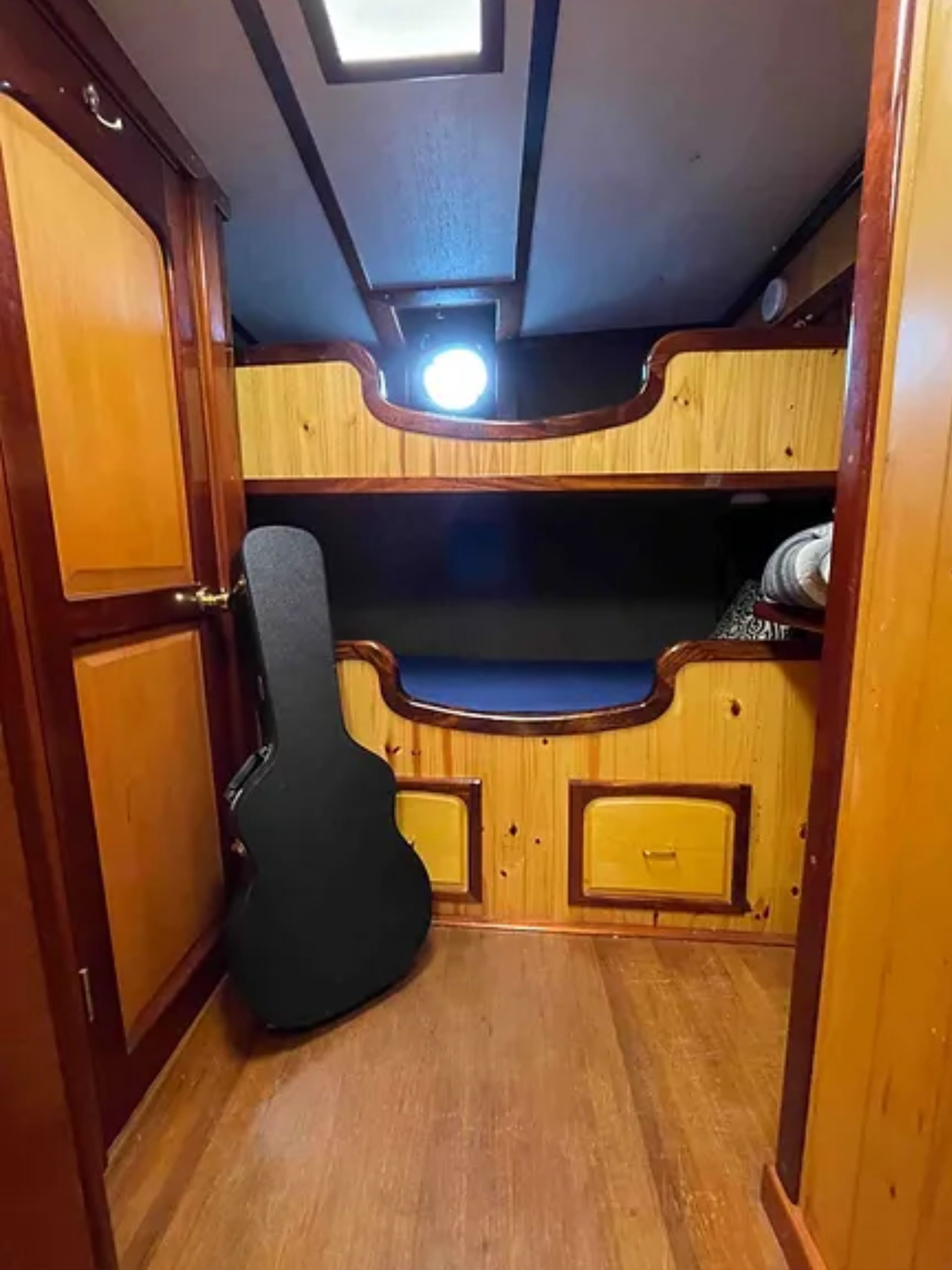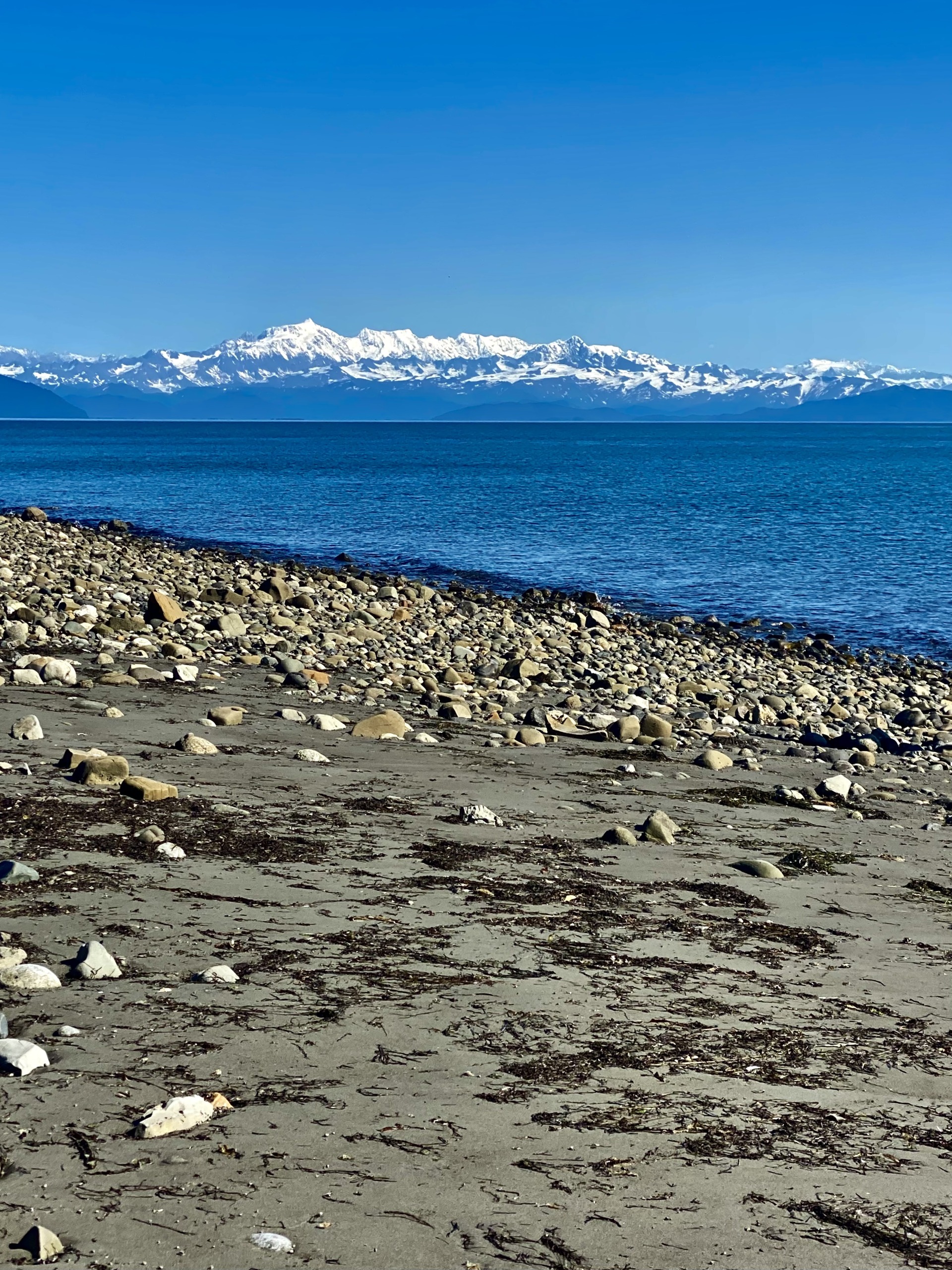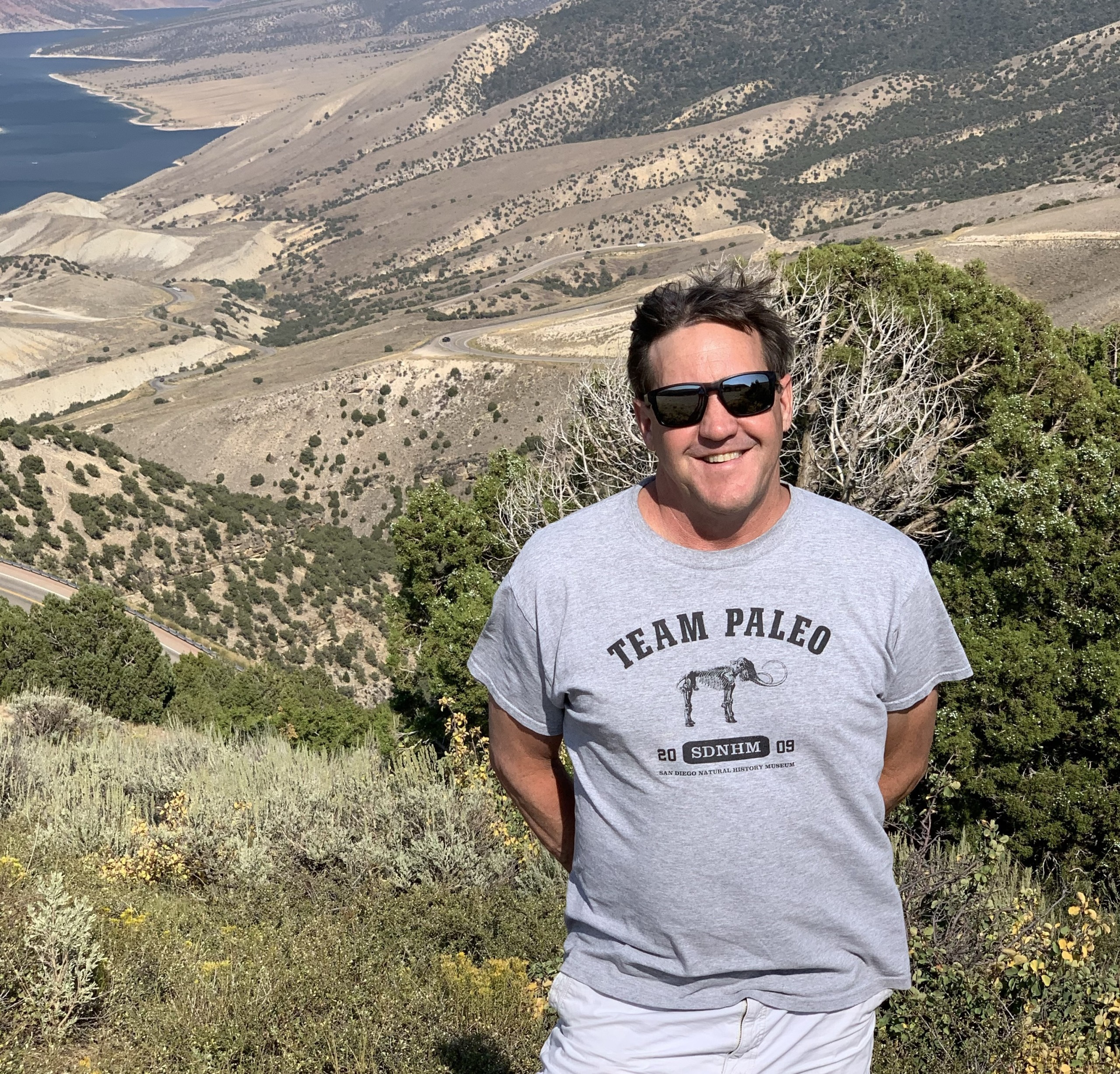Overview
Join this exciting expedition to explore the geology and paleontology of coastal Alaska. The program starts with one week of online coursework to give you a foundation in geology and paleontology, as well as learning about Alaska’s ancient environments and climates. We will then explore Alaska’s Alexander Archipelago aboard the research vessel The Endeavour, where you’ll spend the next two weeks exploring and prospecting areas suitable for fossil preservation, while learning how to formulate field research questions. You will learn how to identify previously recorded fossil localities and document newly discovered localities using geological cues, and both traditional and new technologies. You will also become familiar with techniques for collecting, preserving and identifying fossils. The expedition’s results will contribute to future research into the paleontology and ancient environments of southern Alaska. We will study and live aboard the ship, whose smaller shore boats give us access to some extraordinary locations and opportunities for exploration. Note: this program is limited to 6 students.
Field School highlights:
- Examine fossils and geologic clues to understand ancient life forms
- Be part of discovering and documenting the fossil record of Alaska’s Alexander Archipelago
- Identify and examine geologic features for indicators of life forms and environments of the deep past
| Course Details | |
|---|---|
| Course Dates (2025) | August 25-29 online September 1-12 onsite |
| Course Type | Paleontology, Geology |
| Instructors | Dr. Paul Murphey |
| Credits* | 6 semester (9 quarter) |
| Apply By | April 1 |
| Fees Due By | May 15 |
| Program Fees | (2025) |
|---|---|
| Tuition | $4,850 |
| Transcript Fee* | $300 |
| Health & Evacuation Insurance | NA |
| Room & Board | $1,200 |
| TOTAL: | $6,350 |
This program is full and is no longer accepting new applications.
Email admissions@ifrglobal.org to ask about joining the waitlist.
Instructors
The directors welcome emails and inquiries about the research elements of this project. More general information (tuition, health insurance, and payment schedule) can be found under the ‘Students’ tab above. Any further questions may be addressed to IFR staff. Additional details about research, course schedule, travel, accommodation, and safety can be found on the syllabus. Contacting the directors or the IFR office is encouraged and appreciated. It may help you determine if this field school is a good fit for you.
Payment & Student Fees
Application Fee: There is a $45 fee to submit an online application.
Deposit Payment: A nonrefundable $500 deposit is due within 3 weeks of program acceptance in order to secure your place. The remainder of your program fees are due by the deadline indicated under “Course Details”.
*Transcript Fee & Academic Credit Opt Out: If you wish to participate in an IFR field school without earning academic credits, you will not be charged a transcript fee.
For more information about payment, fees, and policies, please see details under our Payment & Finances and Withdrawal and Cancellation Policy pages.
Accommodations
Everyone lives aboard the Endeavor during the field research component of the program. The ship is 72 feet long with three bunk rooms and two heads, both with showers. Given the limited water the ship can carry, students will not be able to shower every day and will be able to do one load of laundry during the expedition. Students will all share one bunk room, accommodating 6. Each student will have a drawer and space around their bed for storage, but space is limited on the ship and students are strongly encouraged to pack lightly.
There is a salon and galley for food preparation, and an open-air deck for observing, relaxing and group discussions. There is a small dog who shares the ship with us. You can learn more about the ship at: https://www.alaskaendeavour.org/ship


Travel Info
Natural disasters, political changes, weather conditions and various other factors may force the cancellation or alteration of a field school. IFR recommends students only purchase airline tickets that are fully refundable and consider travel insurance in case a program or travel plans must change for any reason.
General information for this program is below, but keep in mind we will discuss any updated travel information and regulations during the required program orientation, which could affect travel plans.
This program begins and ends in different cities. Students should fly into Cordova, Alaska, by 3 PM on Sept 2, 2024. Students will be met at the airport and brought to the research vessel Endeavour. Students will spend the next 11 days onboard the ship, transferring to shore boats to explore the coast. Students should plan to fly out of Juneau, Alaska, departing no earlier than 12pm on Sept 13, 2024.
If you missed your connection or your flight is delayed, please call, text or email the field school director immediately. A local emergency mobile phone number will be provided to all enrolled students.
VISA REQUIREMENTS
Students not from the USA are asked to check the embassy website page at their home country for specific visa requirements













